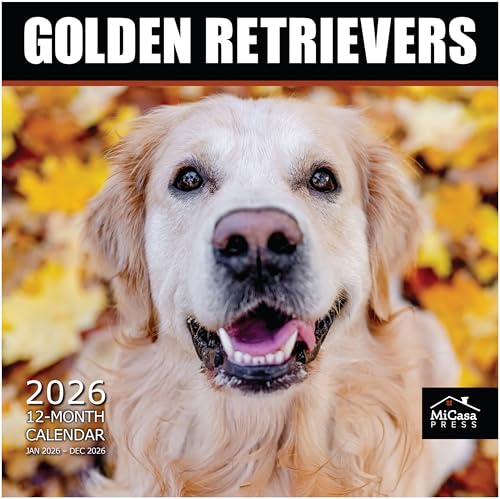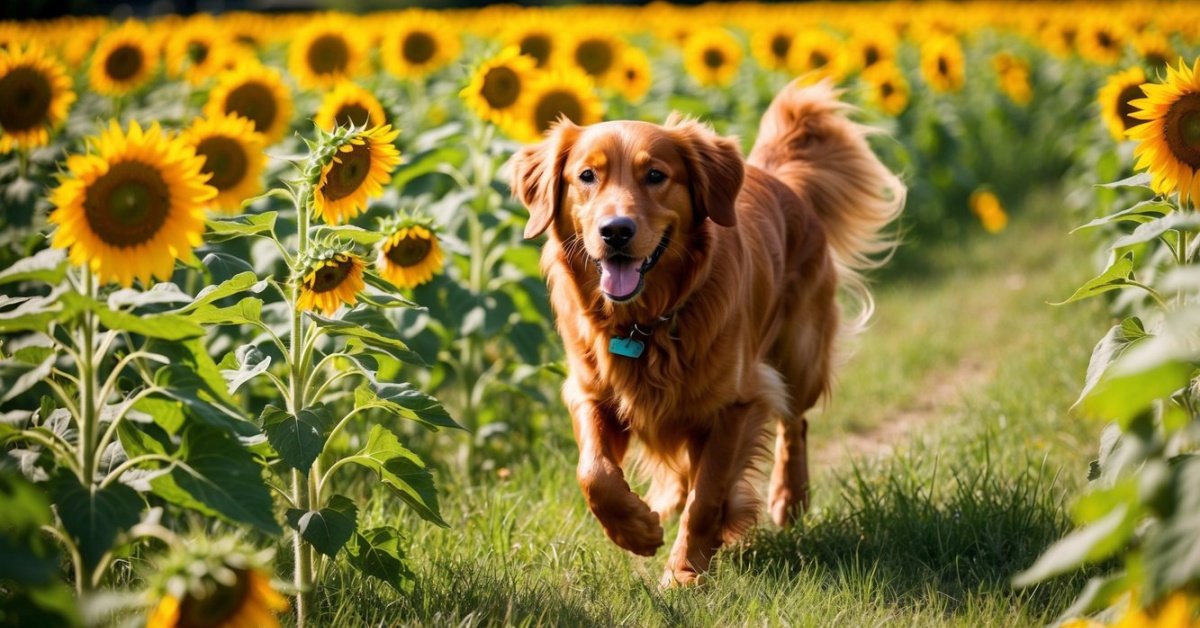Golden Retrievers are known for their friendly nature and loyal companionship, but sadly, they’re also prone to certain health issues, including cancer. As a pet parent, I know how important it is to stay vigilant and recognize any early warning signs. Catching potential health problems early can make a world of difference in treatment and outcomes.
In this article, I’ll share some key early warning signs of cancer in Golden Retrievers. Understanding these signs can help us provide better care for our furry friends and ensure they live their happiest, healthiest lives. Let’s dive into the signs to watch for and how we can be proactive in our beloved dogs’ health.
Understanding Golden Retriever Cancer
Golden Retrievers often face higher risks of various cancers. Recognizing the types and understanding the risk factors can help in monitoring their health more effectively.
Common Types of Cancer in Golden Retrievers
- Hemangiosarcoma: This aggressive cancer usually affects the spleen or heart. Symptoms often include sudden weakness and lethargy.
- Lymphoma: Affects lymphatic tissue and can present as swelling in lymph nodes. Dogs might exhibit decreased appetite or weight loss.
- Osteosarcoma: This bone cancer often shows signs of limping or swelling around the affected limb. It primarily affects older dogs.
- Mast Cell Tumors: These skin tumors can appear as lumps and may itch or become red. Early detection often improves treatment options.
- Transitional Cell Carcinoma: This bladder cancer often results in difficulty urinating or blood in urine. It’s crucial to consult a vet if these symptoms appear.
Risk Factors for Cancer Development
- Age: Older Golden Retrievers exhibit higher cancer rates, with most cases appearing after age 7.
- Genetics: A family history of cancer increases the likelihood of developing similar conditions. Breeding practices play a significant role.
- Obesity: Overweight dogs face an increased risk of various health issues, including certain cancers. Maintaining a healthy weight is essential.
- Exposure to Carcinogens: Exposure to environmental toxins can contribute to cancer development. Keeping your dog’s environment clean and safe is vital.
- Diet and Nutrition: A poor diet lacking essential nutrients may weaken a dog’s immune system. Choosing high-quality food can support overall health.
Recognizing Early Warning Signs
Recognizing early warning signs of cancer in Golden Retrievers can significantly improve treatment outcomes. By observing both behavioral changes and physical symptoms, I can help ensure my dog receives timely care.
Behavioral Changes
Monitoring my Golden Retriever’s behavior can reveal important early signs of cancer. I pay attention to changes such as:
- Decreased Activity: A noticeable drop in energy levels or reluctance to engage in play.
- Altered Appetite: A sudden increase or decrease in hunger, or refusal to eat treats.
- Isolation: Seeking solitude or avoiding family interactions, which can indicate discomfort.
- Aggression or Anxiety: Uncharacteristic irritability or signs of nervousness, particularly if there’s no clear cause.
Physical Symptoms
Observing physical symptoms is crucial for identifying potential issues. Regular checks can help me spot:
- Lumps or Bumps: Any abnormal growths or swelling that differ from usual skin texture.
- Weight Loss: Unexplained weight loss can indicate underlying health problems.
- Persistent Coughing: A cough that doesn’t resolve or worsens over time may be a sign of respiratory issues.
- Changes in Bathroom Habits: Difficulty urinating or abnormal bowel movements can signal underlying cancers.
- Unusual Odors: Foul smells from the mouth, skin, or other areas might suggest infection or tumors.
By staying vigilant about these early warning signs, I can better advocate for my Golden Retriever’s health and well-being.
Importance of Early Detection
Early detection of cancer in Golden Retrievers significantly enhances the chances of successful treatment and improved quality of life. Recognizing warning signs promptly allows for immediate veterinary attention.
Benefits of Timely Intervention
Timely intervention can lead to several advantages, including:
- Improved Prognosis: Early-stage cancers often respond better to treatments like surgery, chemotherapy, or radiation. This increases survival rates.
- Less Aggressive Treatment: Detecting cancer early may require less intensive treatment options, sparing pets from the side effects of aggressive therapies.
- Cost Efficiency: Addressing health issues in their initial stages usually incurs lower veterinary costs compared to advanced cancer treatments, helping me manage my pet’s healthcare budget more effectively.
- Enhanced Quality of Life: With swift action, Golden Retrievers can maintain a better quality of life, often returning to their normal, joyful behaviors sooner.
Regular Veterinary Check-ups
Regular veterinary check-ups serve as a crucial preventive measure. These check-ups allow for:
- Routine Monitoring: Regular visits can detect changes in health before noticeable symptoms arise, enabling proactive management.
- Vaccination Updates: Keeping vaccinations current protects against various diseases, thereby reducing the overall health risks, including cancer-related complications.
- Customized Health Plans: Veterinarians can create tailored health plans based on my dog’s age, breed, and medical history, focusing on prevention strategies for common cancers.
- Early Screening: Many vets offer specific screenings for cancer in breeds like Golden Retrievers, making early detection of potential cancers possible.
Staying proactive with these measures plays a vital role in the overall health management of my Golden Retriever.
How to Monitor Your Golden Retriever
Monitoring my Golden Retriever’s health requires consistent attention and proactive measures. Here are some key practices to ensure I stay alert to any potential issues.
Routine Health Assessments
Scheduling routine health assessments with my veterinarian is essential. Regular check-ups typically occur every six months for adult dogs. These visits often include physical examinations, vaccinations, and screenings for early signs of cancer, such as blood tests or imaging. Discussing any concerns with the vet encourages a more tailored approach to my dog’s health and well-being. I also ensure that I update their vaccination records and enforce preventive care, such as flea and tick control.
Keeping a Journal of Changes
Keeping a journal of my Golden Retriever’s behavior and physical changes proves beneficial. I note any shifts in appetite, energy levels, or unusual symptoms. Documenting details like the appearance of lumps, changes in bathroom habits, or any strange odors creates a clear picture of my dog’s health over time. I can show this information to my veterinarian during visits, facilitating better diagnostics and more effective treatment recommendations. Regularly reviewing the journal helps me recognize patterns or develop awareness of concerning trends.

Conclusion
« Essential Golden Retriever Show Training Tips for Success in the Ring
Complete Golden Retriever Hunting Event Guide: Tips for Success and Bonding »
Being a Golden Retriever owner means being an advocate for their health. By staying alert to early warning signs of cancer and maintaining regular veterinary check-ups, I can help my furry friend lead a longer and happier life.
It’s all about being proactive and attentive to changes in behavior and physical health. I’ve found that keeping a journal of my dog’s habits and any unusual signs can be incredibly helpful during vet visits.
Together with my vet, I’m committed to ensuring my Golden enjoys every moment with me. After all, their happiness and health are worth every effort.











